



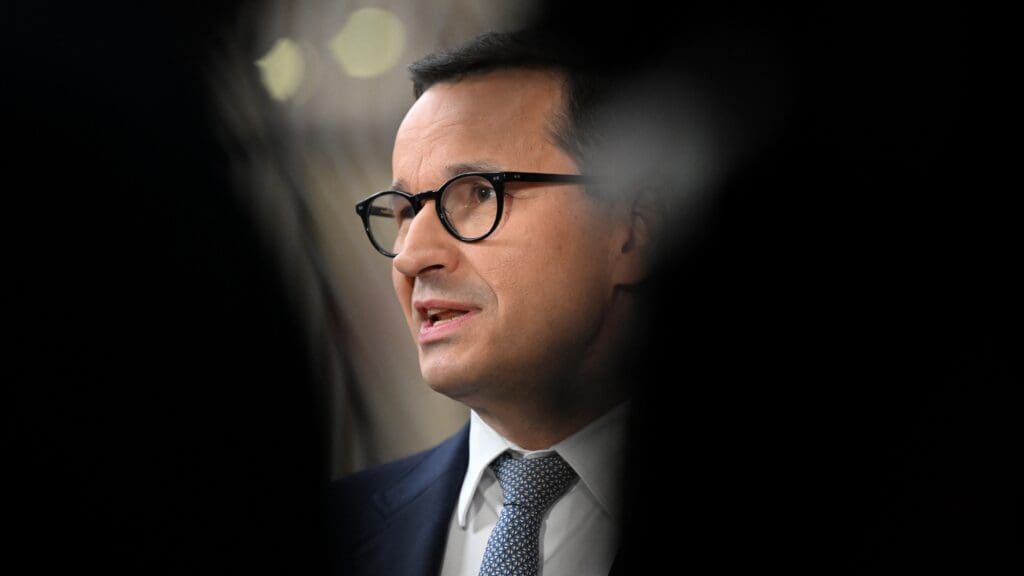
Former Polish Prime Minister Mateusz Morawiecki has criticized the French court ruling that bars Marine Le Pen from running for office, calling it an attempt to deprive citizens of their right to vote. The decision, he argues, weakens French democracy rather than strengthening it.

Hungary has officially adopted e-cash registers, paving the way for a paperless receipt system. Businesses can start using NAV-approved digital registers from July, bringing lower costs, simplified administration, and eco-friendly transactions.

Hungary is laying the groundwork for a national space law and the establishment of a National Space Agency, as part of its commitment to expanding its space industry. The government is also working on updating its space strategy, ensuring Hungary remains a competitive player in the global space economy.

Hungary saw continued wage growth in January 2025, with the gross average salary rising to 668,100 forints, marking a 10.4 per cent increase from the previous year. Real wages have now been on an upward trend for 17 consecutive months, helping to improve purchasing power and boost economic confidence.
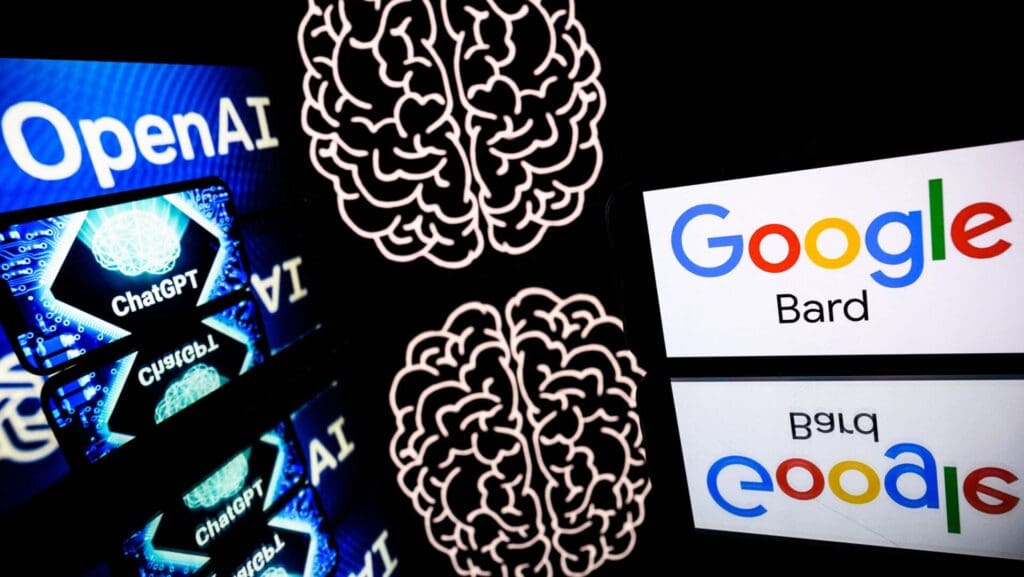
The European Commission has approved the Digital Europe Programme (DIGITAL) for 2025–2027, allocating 1.3 billion euros to key technologies that will shape Europe’s future and technological sovereignty. The initiative will support AI development, cybersecurity, and digital skills training.

Szeged-based H-Vend Service Ltd has developed smart vending machines that can be managed remotely and operated contactlessly, thanks to EU funding. These high-tech machines feature touchless payments, AI-driven maintenance, and mobile integration, revolutionizing the vending industry.

Hungarian Prime Minister Viktor Orbán accused opposition parties of engaging in a ‘competition of provocations’ ahead of next year’s elections. Speaking on public Kossuth Radio, he addressed topics ranging from rural development and economic measures to European security and Hungary’s stance on war.

The Hungarian Defence Forces have expanded their arsenal with new Leopard 2A7HU tanks, Lynx infantry fighting vehicles, and thousands of modern firearms, reinforcing the country’s military capabilities. The latest additions were announced by the Minister of Defence on Friday.

Hungary will be the guest of honour at the Annecy International Animation Festival, opening on 8 June, in celebration of 110 years of Hungarian animation. The National Film Institute unveiled the official Hungarian visual identity for the festival, designed by renowned illustrator Levente Szabó.

Opening on 8 April, Time Machine Budapest invites visitors to experience the city’s most significant historical moments in an immersive and interactive way. The exhibition uses advanced audiovisual technology to recreate events from the 1848 revolution to life in the WWII ghetto, offering a powerful and engaging journey through time.
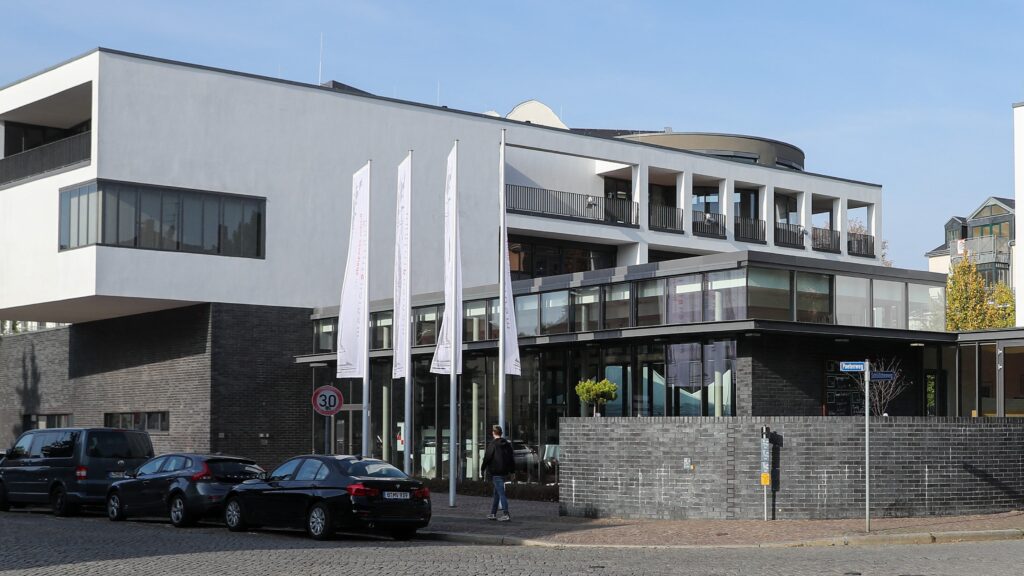
Hungary’s National Media and Infocommunications Authority has criticized the latest press freedom report by the European Centre for Press and Media Freedom, arguing that it presents a one-sided assessment of the Hungarian media landscape. The authority highlights methodological flaws and subjective claims in the report.

Óbuda University has launched a groundbreaking medical robotics project in collaboration with Stanford University and the National University of Singapore (NUS). With support from Hungary’s National Research, Development, and Innovation Office, the initiative aims to revolutionize surgical robotics and lab automation through cutting-edge AI-driven technology.
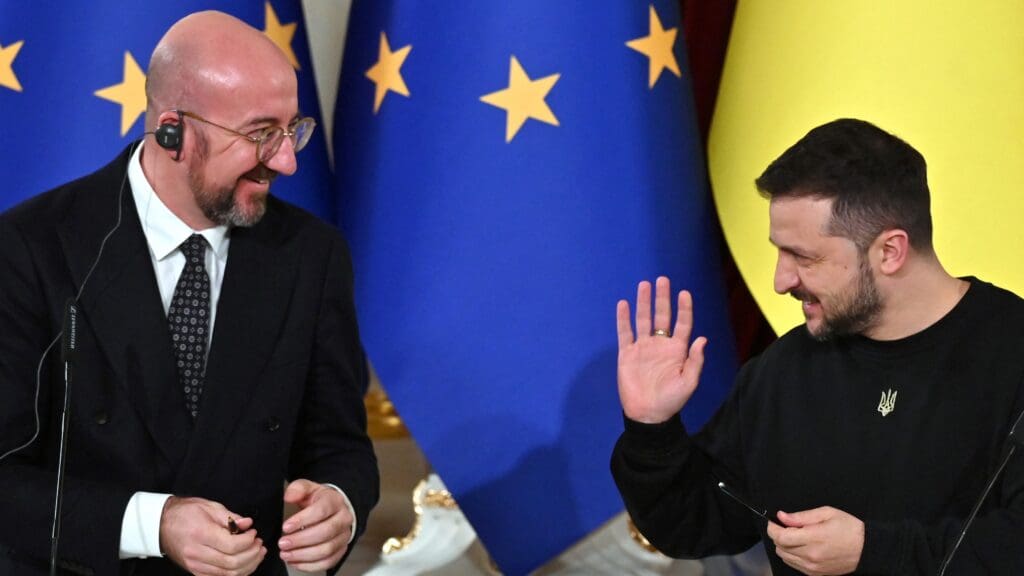
Hungary has made it clear that its support for Ukraine’s EU membership will depend on the outcome of a national referendum. Speaking on Hungarian television, Minister for European Affairs János Bóka emphasized that Ukraine must acknowledge this condition, while also criticizing the EU’s outdated stance on the conflict.
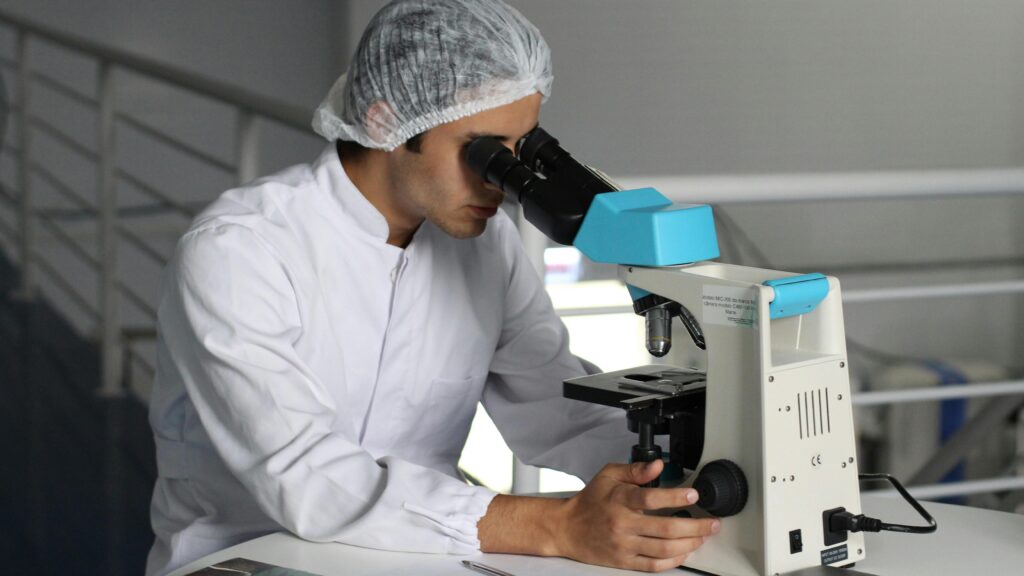
A Hungarian research team is pioneering a new approach to treating neurodegenerative diseases by testing drug compounds on live human brain tissue. The Hungarian Centre of Excellence for Molecular Medicine (HCEMM) announced that its researchers have secured 120 million forints in funding to advance this innovative study.

Hungary is hosting MILEX 2025, a major international military exercise designed to test the European Union’s rapid response capabilities. Taking place between 25 March and 10 April, the operation brings together military forces from 11 EU countries to conduct live-fire exercises and tactical drills under real-world conditions.

On Monday evening an unusual glowing light streak appeared over Budapest and several other Hungarian cities, sparking curiosity and speculation. While many initially thought it was a meteor or an unidentified object, it was later confirmed to be a SpaceX Falcon 9 rocket stage re-entering Earth’s atmosphere in a controlled descent, producing a spectacular light display.

Hungary experienced a record-breaking year in tourism in 2024, with nearly 18 million visitors staying at domestic accommodations. Of these, 9.3 million were Hungarian travelers. According to data from the National Tourism Data Supply Centre, the most active regions for domestic tourism were Pest, Győr–Moson–Sopron, and Komárom–Esztergom counties.

Archaeologists excavating beneath Jerusalem’s Church of the Holy Sepulchre have uncovered traces of an ancient garden, aligning with descriptions in the Gospel of John. The discovery, which includes remnants of olive trees and grapevines, offers new insights into the historical setting of Jesus’s burial site.

Hungarian businesses have applied for state subsidies to purchase over 1,500 BYD electric vehicles under the national EV programme. Tesla follows in second place with more than 1,100 approved requests. The initiative has significantly boosted Hungary’s electric car market.
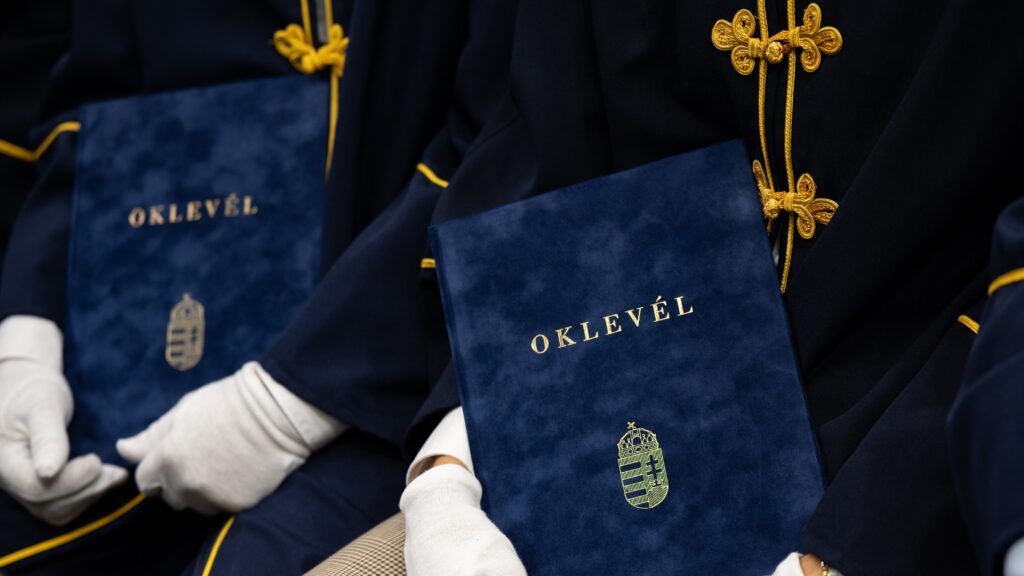
A Hungarian-developed blockchain solution could provide secure and easily accessible storage for degrees issued by EU universities, according to Gábor Dénes University. The technology, set to launch in Hungary by 2026, aims to create a unified digital degree database across the European Union.
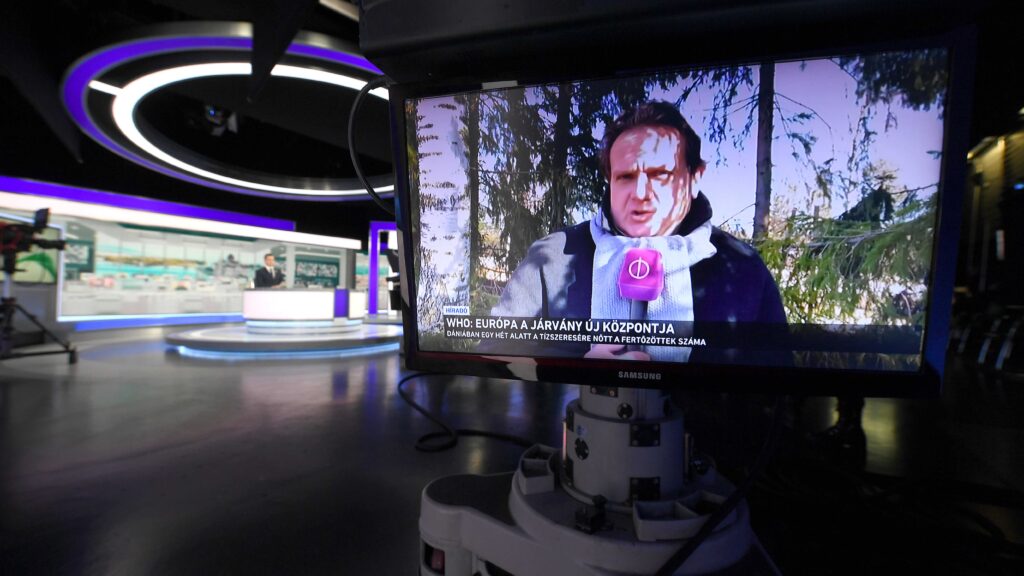
A recent study by Hungary’s National Media and Infocommunications Authority (NMHH) reveals that while media trust remains generally low, television is considered the most reliable source, whereas print media ranks the lowest. The research also highlights generational differences, concerns over misinformation, and attitudes toward AI in journalism.

Hungarian Prime Minister Viktor Orbán discussed key economic and political issues in a recent interview, explaining the reasons behind new price controls, the strengthening of child protection laws, and Hungary’s veto on Ukraine’s EU membership. He emphasized Hungary’s commitment to protecting families and maintaining economic stability while pushing back against Brussels’ policies.
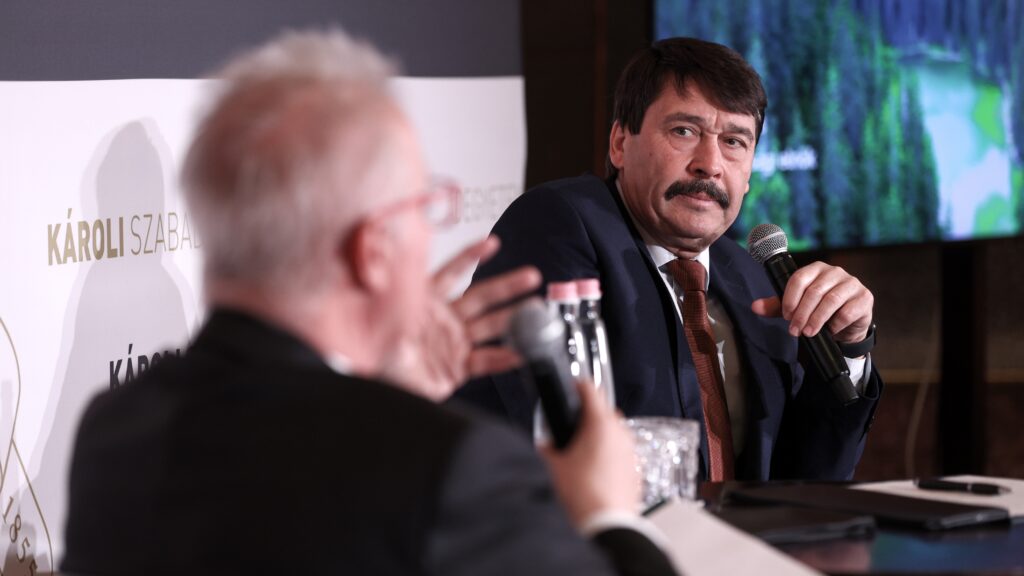
Former Hungarian President János Áder has criticized the European Parliament, calling it ineffective in its current form. Speaking at Károli Gáspár University in Budapest, Áder argued that the EU’s legislative body fails to fulfil its duties efficiently and is increasingly irrelevant.

Ubisoft’s Assassin’s Creed: Shadows has reignited debates over historical authenticity, representation, and creative liberty in gaming. The controversy stems from its inclusion of a Black samurai protagonist, inspired by the 16th-century figure Yasuke. While some praise this as an overdue exploration of marginalized history, others argue it distorts Japan’s feudal past to fit modern diversity narratives.

Hungary’s labour market continues to show remarkable strength, surpassing the European Union average in employment rates. In the final quarter of 2024 Hungary ranked sixth in employment among both men and women, reflecting consistent growth since the country’s employment turnaround in 2010.
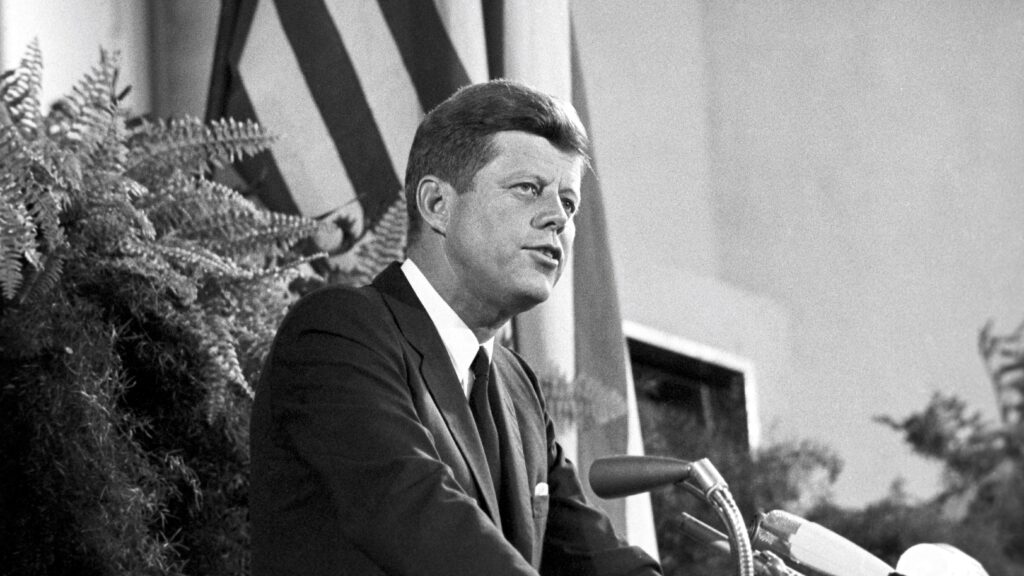
The long-awaited release of classified documents related to the assassination of President John F Kennedy has begun, with over 80,000 pages now available to the public. Following Donald Trump’s directive, the National Archives has published the files unredacted, marking a major step toward historical transparency.

Hungary and India are set to strengthen their ties with the launch of Wizz Air’s direct Budapest–Mumbai flight this year, operating daily. Minister of Foreign Affairs and Trade Péter Szijjártó announced the development in New Delhi, highlighting its potential to boost trade, tourism, and diplomatic relations.

Hungary’s family support policies have attracted international attention, with US leaders praising them as exemplary. Following her visit to Washington, Secretary of State for Families Zsófia Koncz highlighted the country’s comprehensive approach to supporting families, which has contributed to rising birth rates and economic stability.

Hungarian business and government leaders are ramping up efforts to integrate artificial intelligence into the economy. Discussions between the Hungarian Chamber of Commerce and government officials highlighted AI’s potential to enhance business efficiency, while new collaborations in the defence sector will focus on AI-driven technological advancements.
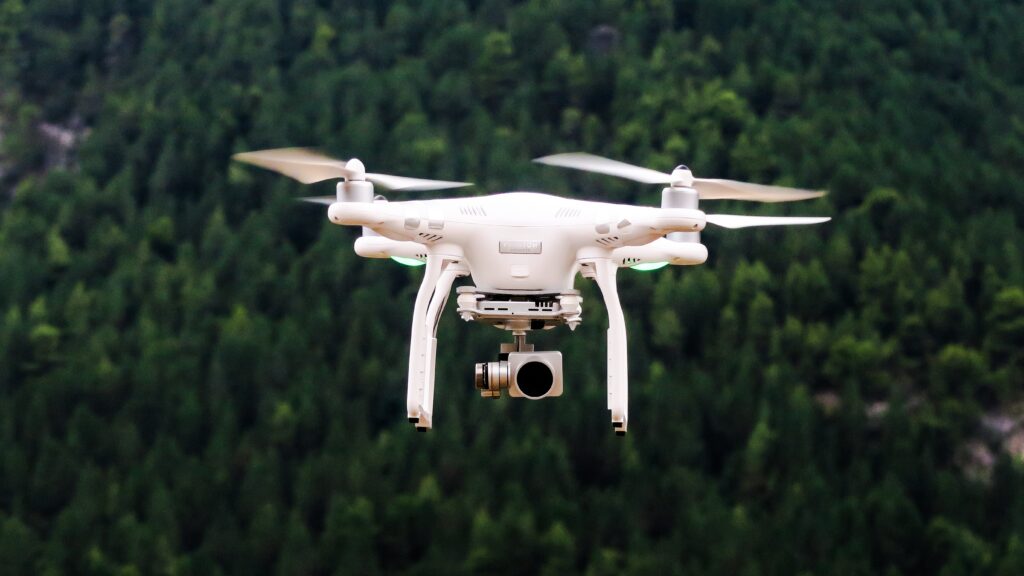
Széchenyi István University in Győr has become the first higher education institution in Europe to receive the Light UAS Operator Certificate (LUC). The accreditation allows the university to conduct drone operations independently, significantly enhancing its research and development capabilities.

Hungarian Conservative is a quarterly magazine on contemporary political, philosophical and cultural issues from a conservative perspective.